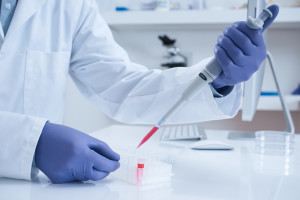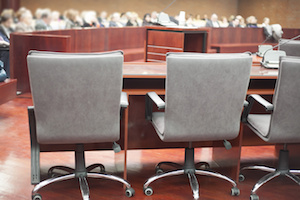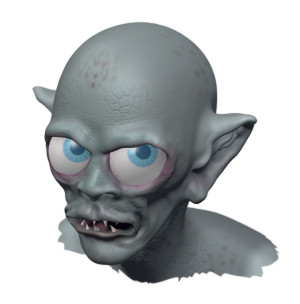Acting on reports from forensic expert witnesses, the Texas Forensic Science Commission has formally recommended the state’s criminal justice system suspend use of bite mark evidence due to its unreliability. Questions about the integrity of bite mark evidence have gained increased traction over the last 6 years, leading to the recommendation by Texas officials to formally suspend the use of dental experts during criminal trials.
Dental Experts Question Bite Mark Evidence
Over the course of the past decade research by Mary and Peter Bush at the State University of New York at Buffalo suggests that no two bite marks from the same set of teeth are the same. The Bush research used a mechanical clamp with teeth attached in an effort to duplicate bite marks, but two bites did not result in identical patterns – even in perfect simulation conditions. If bite marks leave patterns like the Bush research suggests, using bites to connect a defendant to a crime is flawed because unlike DNA evidence or fingerprints – which are unique and connected to an individual – bite marks do not leave consistent impressions and are accordingly a flawed method of identification.
Forensic odontologists have used bite mark testimony in criminal trials since the 1970’s – Ted Bundy was famously convicted in part to bite mark expert witnesses – but the Bush team is just one of many research groups who have questioned the validity of bite mark evidence in recent years. Research on the flaws associated with bite mark identification and the inconsistencies across bite mark expert testimony was compiled by the American Board of Forensic Odontology.
Bite Mark Expert Testimony Targeted by Innocence Project
According to the report by the Board of Forensic Odontology several dentists and other purported bite mark evidence experts could not even identify if a series of marks were made by teeth, much less connect to marks made by the same person. While some experts were able to identify bite marks, the 38 dentists polled could only unanimously agree on 4 out of 100 attempts at making bite mark identification. The discrepancies noticed by the Board of Forensic Odontology and the research by Peter and Mary Bush have been used by the Innocence Project – a national organization which seeks to exonerate wrongly convicted defendants – to argue convictions based on bite mark evidence should be overturned.
The Bush team has testified on behalf of the Innocence Project for the past several years, and the increased scrutiny against bite mark expert testimony has opened the door for several appeals. According to the Associate Press, 24 men who were convicted of serious crimes such as murder or rape using bite mark expert testimony have been exonerated and freed based on the use or more sophisticated DNA evidence. With a growing number of dentists, legal professionals, and forensic scientists turning against bite mark evidence and calling it unreliable, it is not surprising that the Texas Forensic Science Commission would recommend this evidence be suspended from use in criminal trials.
Texas Suspends Use of Bite Mark Expert Testimony
In the face of harsh criticism about the scientific integrity of bite mark evidence and the reliability of bite mark expert witnesses, some proponents of the practice maintain that it is a viable tool for identification. Defenders of bite mark expert testimony argue that the evidence has reliably bene used to earn convictions for several decades, and maintain that a fully trained bite mark expert can use the indention left by teeth to identify a potential suspect in a crime.
Despite the defense of bite mark expert testimony, the wealth of scientific evidence against the practice encouraged the Texas Forensic Science Commission to formally recommend the use of bite mark evidence be excluded in criminal trials. While the recommendation does not guarantee that the use of bite mark expert testimony will be suspended, the committee’s decision will likely influence judges throughout the state who are confronted by bite mark testimony.
As a growing body of research criticizes the use of bite mark expert testimony, the recommendation against its continued use in Texas may be the sign of a growing trend. The use of rigorous scientific study has raised the stakes for experts in a variety of fields, and the Texas decision indicates bite mark evidence is feeling the effects of increased scrutiny.












